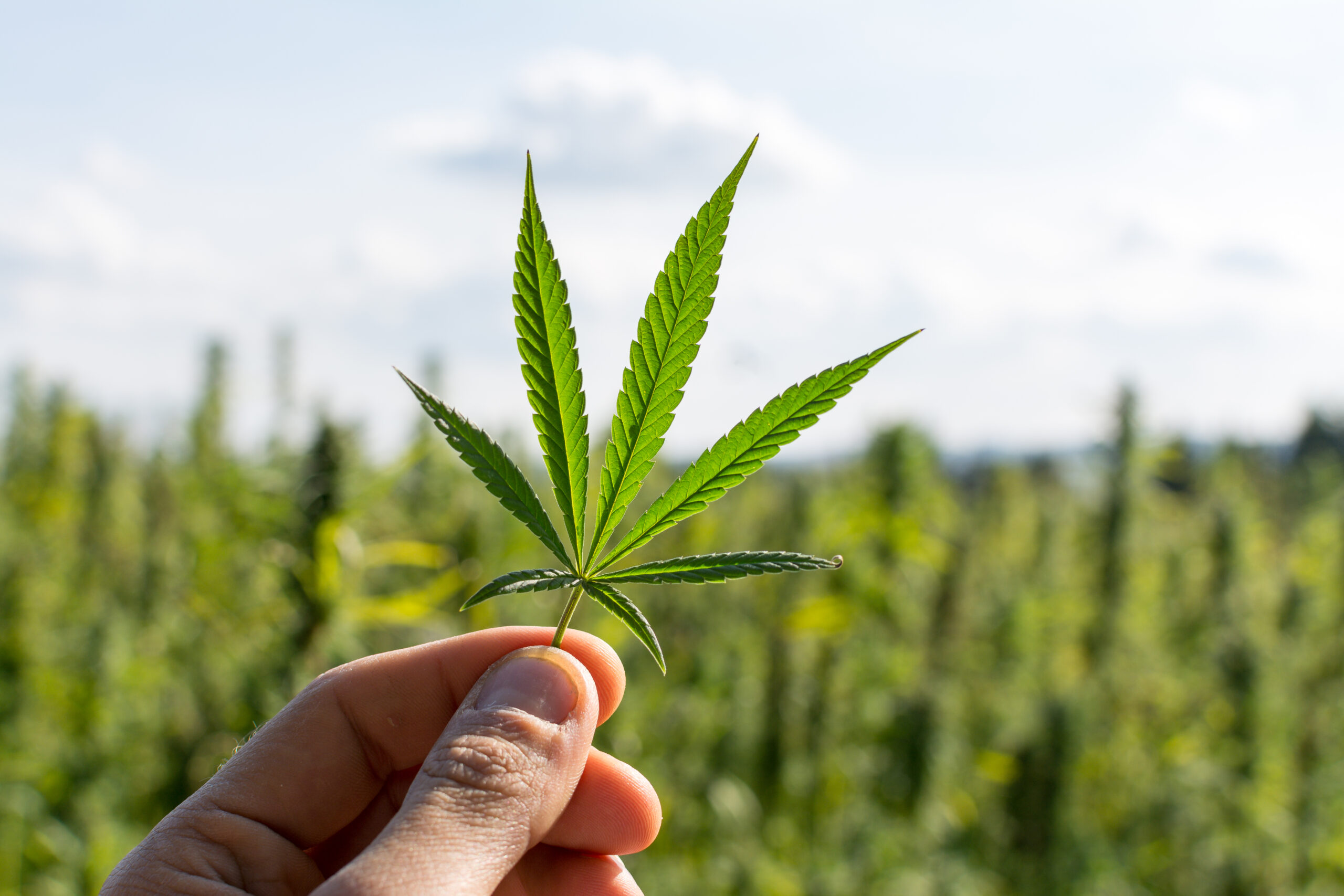Connect with us
Published
5 months agoon

NORML, or the National Organization for the Reform of Marijuana Laws, is a well-known advocacy group with a solid presence throughout the United States, though after seven years of operation, one of the Southern chapters is calling it quits.
South Carolina NORML announced that it will be giving up its nonprofit status this year, ultimately ending the organization’s presence in the state, according to a Post and Courier report. Founder and Director Scott Weldon told the publication that the decision came after a number of internal shifts, namely that the organization lost half of its four-member board along with its treasurer earlier in 2023.
Following those changes, Weldon was unable and unwilling to continue the maintenance behind keeping South Carolina NORML afloat, especially given the resistance in the state to entertain any form of cannabis reform over the years. According to Weldon, the state’s regulations on nonprofit organizations were the last straw.
South Carolina NORML was up to date on its federal filings, though Weldon hasn’t filed his paperwork with the state while the group was between treasurers, which led to the expiration of its nonprofit status. When the organization continued to solicit donations after the expiration, it received a $2,000 fine from the state.
Shannon Wiley, general counsel and public information director for the South Carolina Secretary of State’s Office, told Post and Courier that these fines are typically not binding, and if the organization had called the office, “we’d probably work with them.” Though Weldon indicated that the overall effort to continue keeping the organization afloat as a nonprofit was no longer worthwhile.
Weldon runs South Carolina NORML on top of his job as a park ranger with the Charleston County Parks and Recreation system, and he also runs a weekly podcast discussing cannabis law reform. Weldon will continue that work under the South Carolina Cannabis Advocates, but it will no longer be associated with NORML.
As Weldon explains to Post and Courier, it was a tough choice.
“Do I want to continue to deal with this every year, the angst and anxiety of getting these papers filed with the secretary of state? I don’t think we ever brought in more than $3,000 or $4,000 in a year. It’s not like we’re making big money or anything,” Weldon said. He explained that he had more time than money when he started the organization and figured that as he embraced the commitment, donations would lead to growth and progress. “But things have changed over the past seven years.”
NORML has a palpable presence in the cannabis community, though the organization’s Deputy Director Paul Armentano told the publication that it’s not uncommon for chapters to dissolve. According to Armentano, most chapters consist entirely of volunteers, so many end up dissolving or restructuring over time.
“In an ideal world, NORML would like to see an active chapter network representing consumers’ interests in all 50 states. But in reality, the grassroots nature of our group often makes us reliant on local advocates self-identifying themselves to us and then moving forward from there,” Armentano said.
While South Carolina NORML isn’t the only pro-cannabis organization in the state, its ultimate end is reflective of lawmakers’ and residents’ stances on cannabis overall. Sen. Tom Davis, R-Beaufort, argued that pro-cannabis positions are “not supported by the vast majority of Republicans and South Carolina residents,” adding that he wasn’t sure if it’s supported by the majority of residents when you take both parties into account.
Polling results have been mixed overall. One poll from earlier in 2023 found that 76% of residents supported legal medical cannabis and 56% supported legal recreational cannabis. However, a poll from 2021 found that only 54% were in favor of legalizing medical cannabis in the state.
Weldon told Post and Courier that he would continue to advocate for cannabis reform outside of NORML, stating that prohibition ultimately puts children in more danger “by putting them in a situation where they can be confronted by law enforcement,” adding, “Nobody should be arrested for simple cannabis possession.”


New Mexico Governor Calls Homeland Security Secretary’s Response to Pot Seizures ‘Inappropriate’


DMT Lab Discovered in Brentwood, California During Robbery Raid


States with Adult-Use Pot Saw Decrease in Alcohol Use, No Increase in Teen Substance Abuse


Research Shows Some Rolling Papers Have High Levels of Heavy Metals


MedMen Files for Bankruptcy


Carmelo Anthony Launches Cannabis Brand
